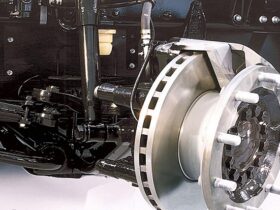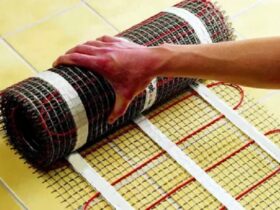When you need nose plastic?
Today, plastic surgery offers patients a variety of types of operations that are aimed at correcting different parts of the human body. At the same time, there are the most common types of procedures, among which there is rhinoplasty (correction of shapes and sizes of the nose). Deformations of this part of the face can be of various kinds, and also be congenital, hereditary or obtained as a result of certain injuries (fracture, burn, transactions, etc.D.).
The choice of a specialist who will carry out these measures should be the most serious and thorough. It is important to trust the process exclusively competent and experienced highly specialized surgeons who have deep knowledge and have many years of practical experience.
Among the measures that are carried out during rhinoplasty, the following are distinguished:
– Correction of a curved nasal septum,
– Removing the hump of the nose,
– Correction of the tip of the nose,
– Reducing the size of the nose,
– elimination of saddle deformation of the nose and t.D.
A professional surgeon is suitable individually for each particular case, selecting optimal measures to eliminate certain shortcomings. It is important to remember that the plastic of the nose is capable of not only adjusting the defects, but also give new outlines to himself as a whole. Therefore, you should choose a specialist especially carefully and seriously.
If we talk about age parameters, then the best period is 20-35 years. The fact is that it is necessary that the patient’s front skeleton finishes form. In addition, rhinoplasty requires a special approach at old age of the patient, since during this period the skin becomes less elastic, the scarring process occurs longer, and the facial features themselves become larger.
Of course, like any other operation, plastic nose has its own contraindications. These include:
– Serious infectious lesions of internal organs,
– Poor blood coagulation,
– thyroid diseases,
– malignant formations,
– diabetes.
Before performing the procedure, consultations with various specialists are appointed to the patient, as well as the delivery of a number of tests. As a result, the doctor will have a complete picture of the state of health of the client. At the consultation stage, the patient can ask all the questions of interest to the doctor and get exhaustive answers from the doctor.
















Оставить коммент.